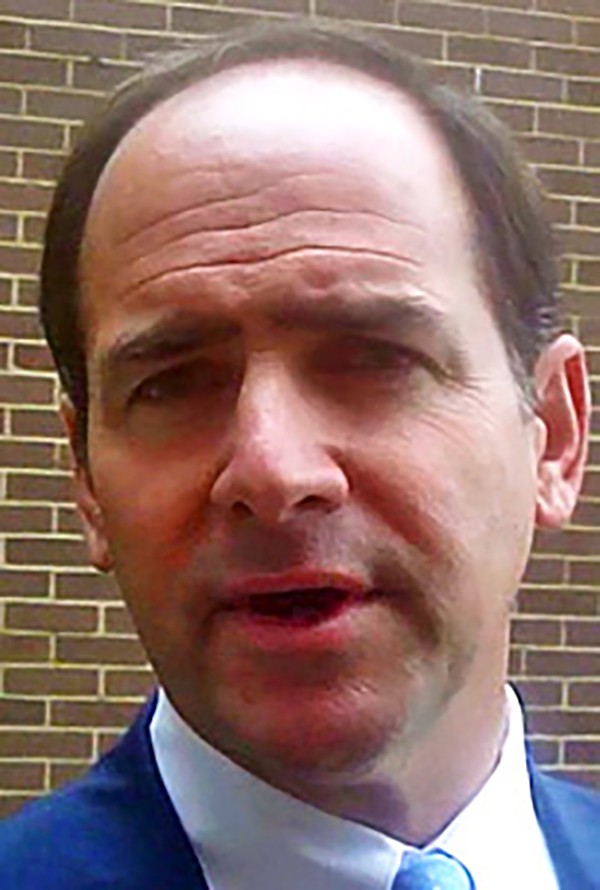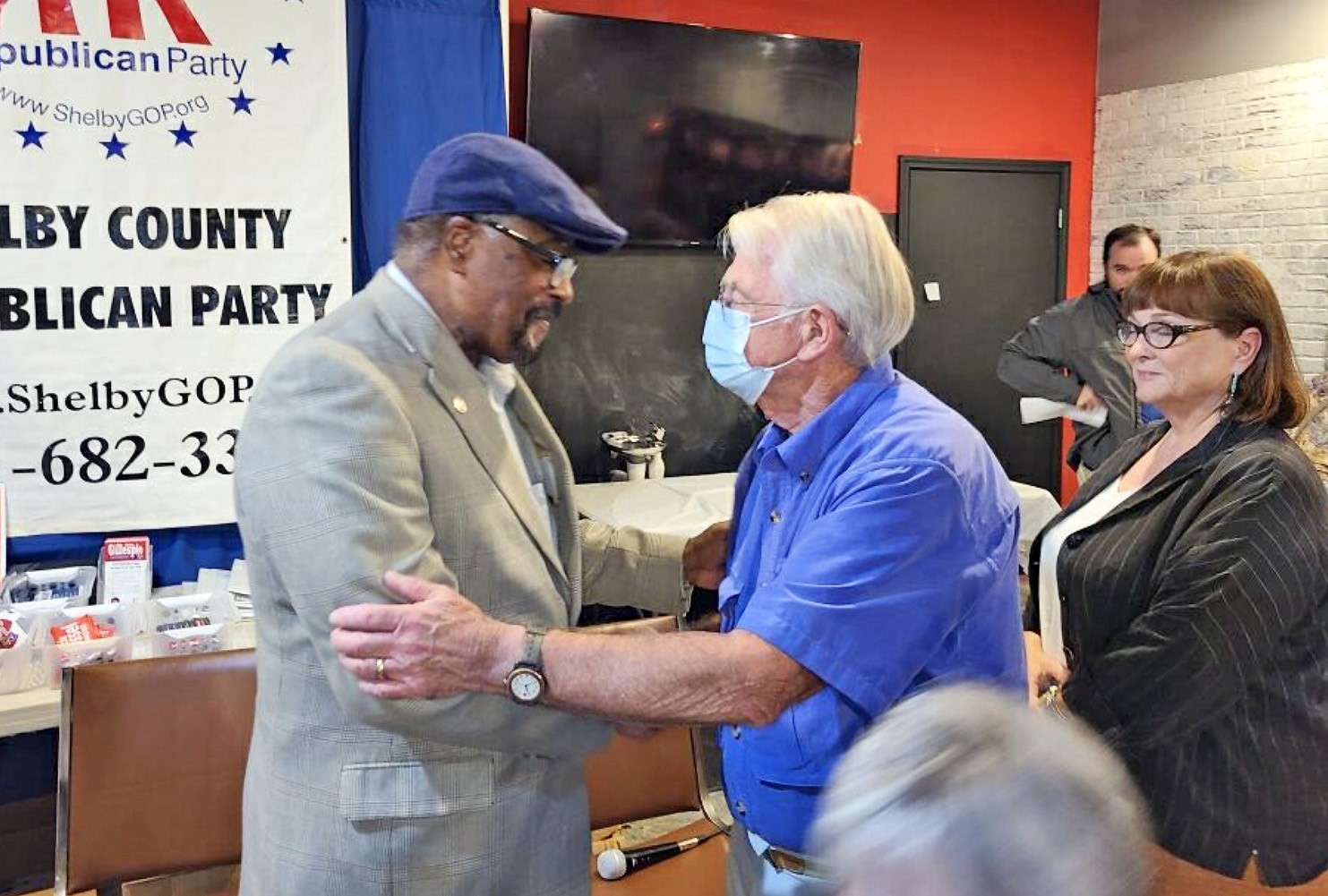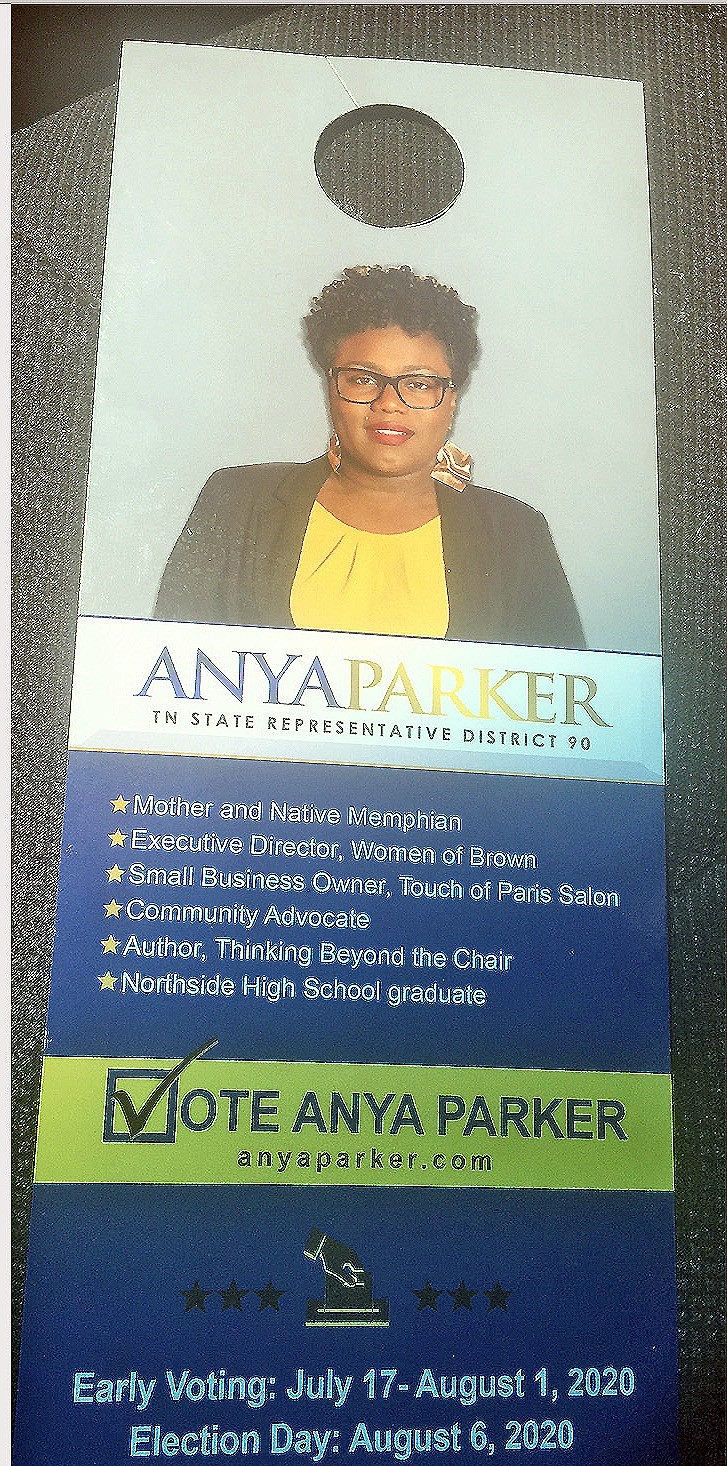No few local political observers were puzzled in the aftermath of November’s statewide elections by published reports that former state Representative John DeBerry had left his campaign financial account of roughly $200,000 untouched, spending none of it in his losing bid as an independent to newly elected Democratic successor Torrey Harris.

John DeBerry
Certainly that conclusion seemed somewhat sensible in the wake of DeBerry’s four-to-one loss to Harris, but the fact was that DeBerry had not gone unspoken for. Especially in the latter stages of his race, a plethora of signs boosting his re-election had appeared at strategic locations of the sprawling District 90.
It was suggested that DeBerry, whose GOP-like positions had caused him to be banished by the state Democratic Party from its ballot, had been the beneficiary of contributors from a conservative Political Action Committee on his behalf. To some degree he had, but it now develops, according to the Tennessee Lookout, that DeBerry did in fact spend from his own resources, to the tune of some $90,000, and that he would shortly be amending his previous financial disclosure report to the state Election Registry.
Going forward, the former legislator is likely to have few financial worries. As previously reported, he has been hired by Republican Governor Bill Lee as an advisor, at an annual salary of $165,000. How he’ll earn that is a little uncertain. DeBerry had a certain fame in the General Assembly for his oratorical prowess, which he used in recent years on anti-abortion and pro-voucher subjects, among others. How that penchant translates into his new advisory role remains to be seen.
• The aforementioned Lookout, which has a discernible progressive tilt, is renting space these days in the press room of the Cordell Hull building, which also houses legislators’ offices and meeting rooms, and will be covering the forthcoming legislative session from there.
Because of its arguable identity as an advocacy journal, there had been a modicum of controversy among the existing denizens of the press room, all serving established and ostensibly politically neutral periodicals, as to whether the Lookout should have a space there.
One of those considering the point rhetorically was Sam Stockard, a longtime journalist for various periodicals, most recently the Daily Memphian, for whom he rendered formidable service.
Somewhat to the astonishment of Stockard’s peers, the DM recently discontinued his role as their Capitol Hill correspondent. With the consent of his colleagues, Stockard will soldier on in Cordell Hull as the official lookout for the aforementioned Lookout.
• Even amid expectations of the imminent arrival of a COVID vaccine, the current spike of cases has raised anxiety in Shelby County. The auditorium of the Vasco Smith County Administration Building has suggested a ghost town for most of the pandemic in 2020. But it was filled to the maximum and beyond during a recent meeting at which county health department director Alisa Haushalter laid down new directives for dealing with the spike, which is currently setting new records for cases and deaths.
The new guidelines, which tightened mandates on mask-wearing, limited serving capacities, and established 10 p.m. closing times for restaurants, seemed moderate enough, at least by harsher standards applied elsewhere in the nation. But nearly 30 citizens came to the well to protest them, in sentiments ranging from sensible to troubled to outlandish.
One complainant advised the assembled commissioners and other county officials, “Listen to the mandate of the people in the referendum provided to you daily on social media.” Another inveighed against the restrictions as specimens of “communism.” And there were numerous spurious statistics spouted, such as a claim that there had been only some 13,000 COVID deaths nationally, and only 37 in Shelby County, with the rest actually being misreported cases of diabetes, cancer, and gunshot wounds.
Most of the commentary from the audience, however, concerned the legitimate anguish, economic and otherwise, of gym proprietors and restaurant owners who felt their livelihoods to be in serious jeopardy. Commission chairman Eddie Jones patiently and sympathetically moderated the public-discussion period.
 Jackson Baker
Jackson Baker 


 Connie McCarter
Connie McCarter 




 JB
JB